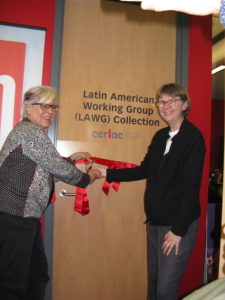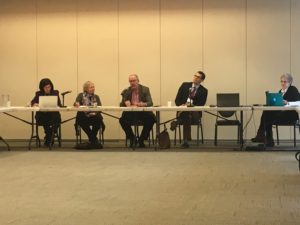By CNHH for Dominique Marshall
21 January 2023
Often, histories of humanitarianism or specific humanitarian interventions focus on the discourses deployed, the policies enacted, the tangible aid provided, or the actors involved. An equally important but less frequently studied thread running through aid history is the use (and misuse) of science and technology in humanitarian interventions.
During the Fall 2021 semester, students from Ottawa’s Carleton University who participated in Dr. Dominique Marshall’s seminar “STEM in Canadian Society and Policy” partnered with students from Dr. Soenke Kunkel and Dr. David Bosold’s seminar, “Science and Technology in Transatlantic Relations” at the Freie Iniversität in Berlin. As part of their work for these courses, the students created timelines showcasing a variety of humanitarian inventions in which science and technology played a significant part:
- Alarm Phone to Monitor Distress Calls From Migrants at Sea
- Biotechnology: Vaccination Campaigns in the Global South
- History of Earthquake Research
- Ikea Better Shelter
- Red Cross Prosthetics
- The Nobel Prize
- The Use of Virtual Reality by NGOs
- UN Conferences on Science and Technology Development
The timelines are hosted for public viewing on the Recipro project website. The Recipro project is a collaboration between the history departments of the University of Ottawa and Carleton University, and centers on the convergence of pedagogy, science, and digital humanities. The site allows users to discover the history of transnational solidarity and humanitarian aid through teaching and learning activities, including the resulting student projects (presentations, archival material, timelines, and much more).
Dr. Dominique Marshall is a professor of History at Carleton University and co-founder of the Canadian Network on Humanitarian History.




